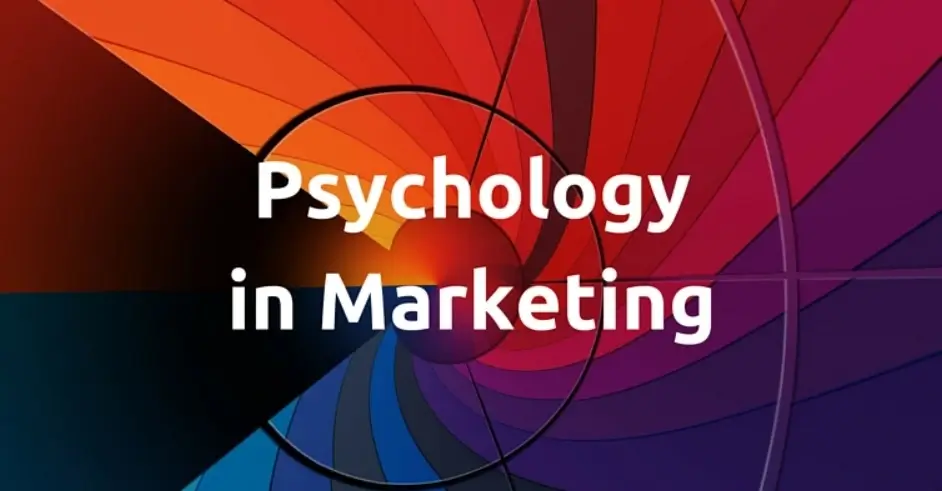Psychology in marketing

While much modern marketing could be reduced to a ‘numbers game’, there’s no denying that consumer psychology remains a crucial element of any marketing strategy. By capitalising on the emotions, moods, desires and purchasing behaviours of your potential customers and target demographic, you’ll better be able to generate interest in your brand and convert new and repeat purchases from consumers. But why is consumer psychology so important and what can you do to incorporate psychological marketing into your overall strategy?
Understanding your customers and their decision-making processes
with your desired customer base, you’ll need to develop a better understanding of the so-called ‘five steps’ of a consumer’s decision-making process:
- Your brand, before doing their own research. Generally speaking, this is what perspective customers will initially gain an awareness of.
- Your products and services. Consumers will then take different options and alternatives into consideration.
- A decision-making process before committing to the first purchase.
- (Perhaps the most important step of all) the process of post-evaluation purchasing or re-purchasing.
- Demonstration of brand loyalty and is likely to generate future revenue.
Consider how these five stages relate to your target demographic when devising any marketing strategy.
Stimulate the senses – In the same way that the presentation of food is so important for restaurants and catering businesses because customers ‘eat with their eyes’, you can make use of sensory marketing tools to make your brand more attractive to potential customers. By devising marketing tactics that appeal to one or more of the five senses, (such as using posters with vibrant images and colours or even developing ‘scratch and sniff’-style marketing materials), you’re more likely to connect with customers and generate sales. Don’t be afraid to get whacky with sensory marketing tactics – you’re aiming to craft memorable and tangible materials that will resonate with potential customers!
Trigger impulse purchasing – Of all the projected ‘customer personas’ you’re likely to attract, impulse buyers are amongst the most potentially valuable. To convert sales from impulsive buyers, try to make the most of ‘limited time only’ offers, such as free shipping or discounts for a limited time only. Impulsive buyers are more likely to connect emotionally with your products and ‘snap up a deal’ if you make use of these kinds of offers.
Give your brand a personality – In order to promote brand awareness, stand out against the competition and connect emotionally with potential new customers, you’ll need to forge a strong brand identity and personality for your business. It’s easy to communicate your brand identity through messages, images and marketing campaigns, however, it’s always better to incorporate your brand’s identity into the products or services that you’re selling.
